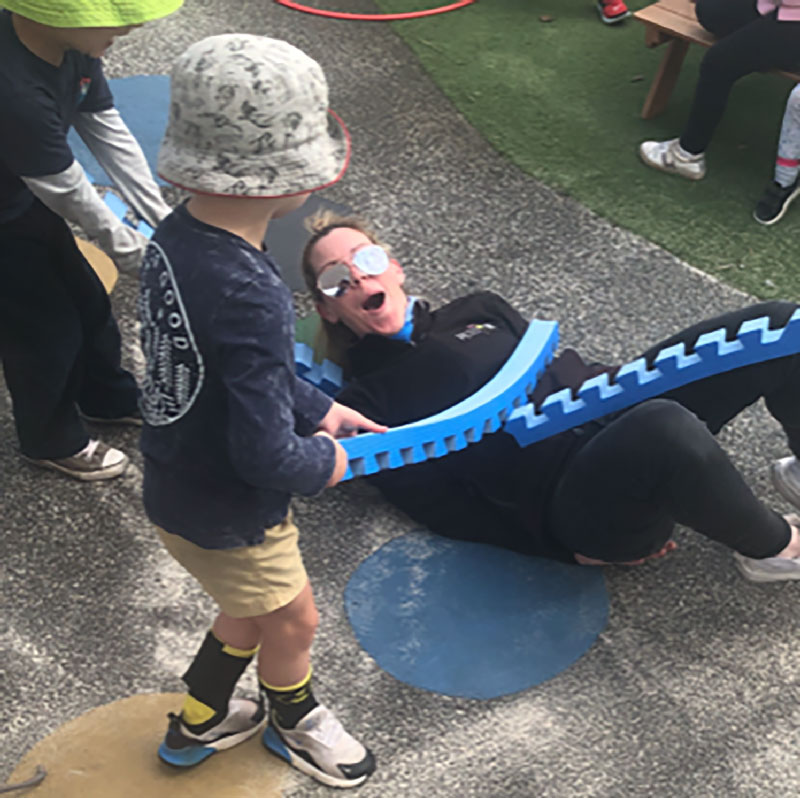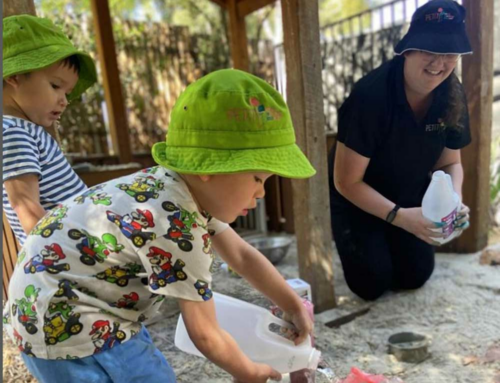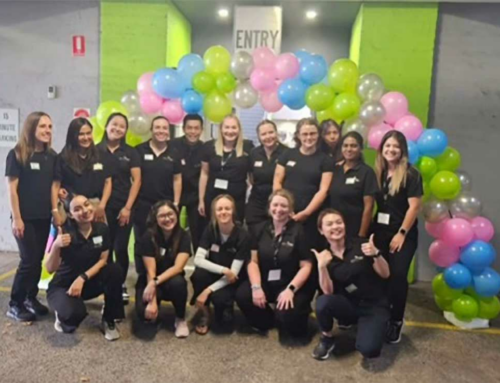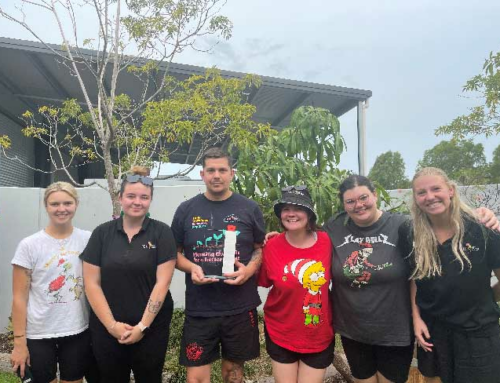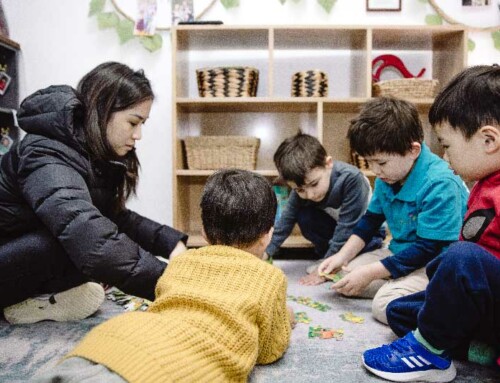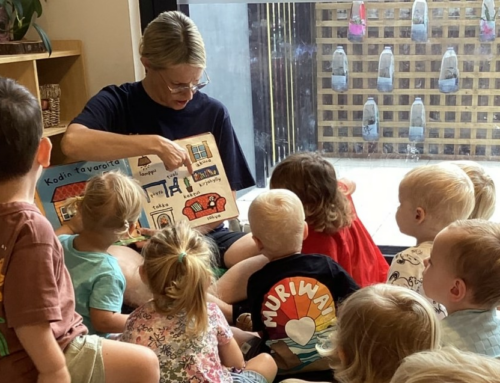At Petit Early Learning Journey, reflection is an essential part of our services’ practice. It should come as no surprise that we like to unpack what our educators think about the National Quality Framework (NQF).
The NQF is a set of national standards in Australia outlining the government requirements for the care and education of children in early childhood education and care services (ECEC).
The legislative framework consists of guidelines and regulations for a nationally consistent approach to the regulation and quality assessment of child care services of which the National Quality Standards (NQS) and Early Years Learning Framework (EYLF) are key components.
The NQF supports better outcomes for children in the child care sector by:
- Ensuring that children receive high-quality education and care services from qualified and trained professionals.
- Introducing an educational program and practice that supports children through play-based learning, health and safety and through collaborative relationships with families and community.
- Introducing a quality rating process to help families make informed choices about which care provider is best suited to their child’s individual needs.
- Improving the educator to child ratios.
- Encouraging services to partner with families and drive continuous quality improvement.
In this article, Education and Practice Advisor, Emma Davis and educators, Gemma Reilly and Shannon Stacey reflect on the NQF. They cover:
- What educators should know about the NQF and how it supports them
- Changes coming into effect on 1 July 2023
- Educators’ reflections on aspects of the NQF

What should educators know about the National Quality Framework?
“The National Quality Framework provides a standard for early childhood services when delivering education and care to children,” says Education and Practice Advisor Emma Davis.
“The National Law and Regulations outline minimum standards that need to be adhered to and the Learning Frameworks and National Quality Standards unpack quality practices beyond minimum standards.”
“Educators should know that the NQF guides and governs everything we do in early childhood education. The Framework consists of the National Quality Standards, Approved Learning Frameworks and the Education and Care National Law and Regulations.”
“Educators need to be aware of the components of the framework and use them in everyday practice.”
Changes coming into effect from July 1
“The changes to the NQF will support the sector, address workforce shortage and create further accountability within management roles through changes to the definition of ‘person with management or control’”.
“The changes will also improve quality in family day care services (FDC), with all educators now required to have a minimum Certificate III qualification.”
“Children will benefit from the changes with all services required to use the updated EYLF from early 2024 which also supports services including Aboriginal and Torres Strait Islander perspectives into services.”

Educator reflections: What do you feel are the most important aspects of the NQF?
Quality Area 6 – Collaborative Partnerships with families and communities
“One of the areas that I feel is most important and particularly resonates with me is Quality Area 6- Collaborative Partnerships with families and communities of the National Quality Standards,” says Educational Leader Gemma Reilly from Petit ELJ Clifton Hill.
“Families are the child’s first and lifelong teachers and there is a lot of research on how children’s relationships with their families and their surroundings can impact their social development and wellbeing.”
“As early childhood teachers and educators, it is vital that we collaborate with families to ensure that we capture a full picture of each individual child to best support their learning, this includes utilising the community and involving the child in multiple communities.”
The learning framework as a whole
“Another aspect that I feel is important is the learning framework as a whole.”
“The framework provides guidance for educators when understanding what to teach and educate children and also how to observe their development in ways that can be individualised to the child.”
“It is a document that lists guiding principles, which every educator should put into practice. The 2022 updated version has great language around inclusivity, cultural respect and intentionality in teaching.”

Belonging, being and becoming a fundamental aspect
“I feel that the children’s sense and recognition of belonging, being, becoming is a fundamental aspect of the NQF,” says Assistant Director and Acting Educational Leader, Shannon Stacey from Petit ELJ Burleigh.
“Without this embedded and promoted, children cannot begin scaffolding their own learning.”
“Through belonging, children begin exploring their own connections and interdependence with those they trust, this lays the framework for who they become and being present within their own learning journeys.”
Principles, practices, and learning outcomes
“I believe the principles, practices, and learning outcomes can only be accomplished once a child’s sense of belonging, being, and becoming has begun evolving. This element within the framework is a necessary factor that ensures the children’s learning, development, and wellbeing is at the centre of what educators do.”
“There are guidelines that support educators in providing quality, child focused learning in respectful and inclusive methods. Without these two trifectas collaborating effectively, this aspect of the NQF becomes void and fragmentary.”

Unpack the NQF with Petit Early Learning Journey
The National Quality Framework is frequently updated. ECEC educators should familiarise themselves with the Guide to the NQF on the ACECQA website where the most up to date version is found.
At Petit ELJ we encourage our educators to collaborate, reflect and critically reflect on the why behind what we do. We engage with diverse perspectives that lead to transformative decisions and actions.
Are you ready to join a transformative educational practice?
